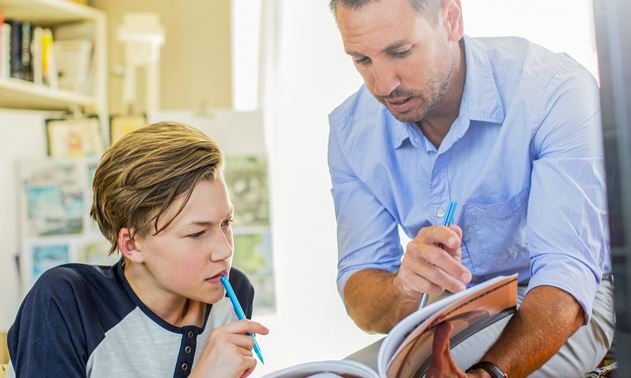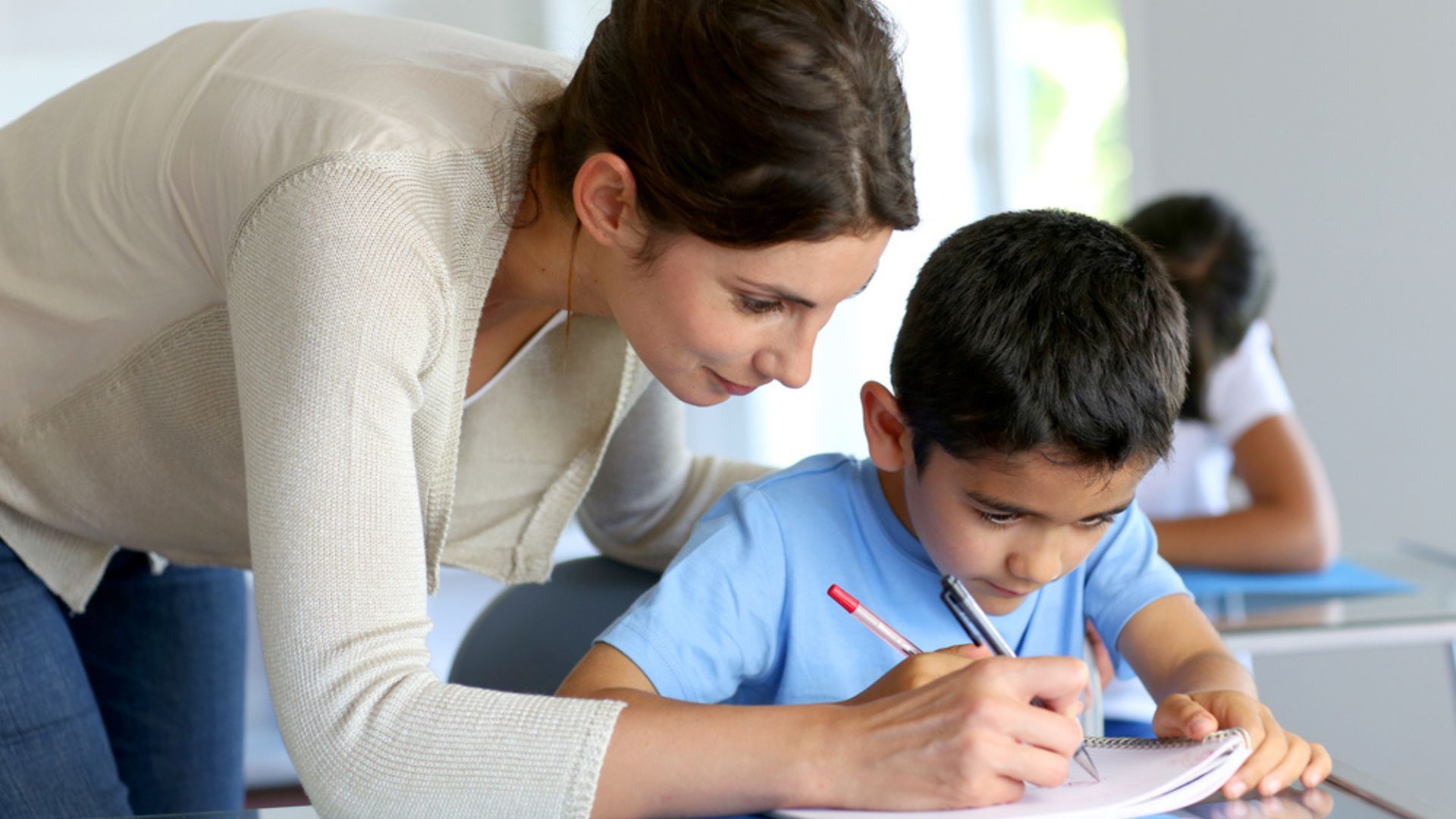Group tutoring isn’t just about sharpening academic skills; it’s a dynamic space where social skills flourish. In this article, we delve into the enriching realm of social skills development within the context of group tutoring, exploring how collaboration, communication, and interpersonal connections contribute to well-rounded student growth.

1. Collaborative Learning Dynamics
Group tutoring provides a unique platform for collaborative learning, fostering an environment where students work together towards a common academic goal. The essence of collaboration lies in shared experiences, and as students collaborate, they naturally develop essential social skills such as teamwork, cooperation, and the ability to navigate group dynamics.
2. Effective Communication Practices
In a group setting, effective communication is paramount. Students not only articulate their thoughts but also actively listen to their peers. Engaging in discussions, asking questions, and providing constructive feedback become inherent aspects of group tutoring. These communication skills extend beyond the academic realm, preparing students for effective communication in various social contexts.
3. Peer-to-Peer Interaction
Group tutoring encourages peer-to-peer interaction, allowing students to learn from each other. Through discussions and collaborative problem-solving, students develop empathy, patience, and the ability to understand different perspectives. These interactions contribute significantly to the development of social skills crucial for navigating diverse social environments.
4. Building Confidence Through Interaction
The social aspect of group tutoring provides a supportive arena for students to express their ideas and opinions. As students actively participate and engage with their peers, they build confidence in their ability to articulate thoughts and contribute to a shared learning space. This newfound confidence often transcends the academic setting, positively impacting students’ overall self-assurance.
5. Conflict Resolution in a Safe Space
In a group tutoring setting, conflicts may arise, providing an opportunity for students to learn and practice conflict resolution skills. Whether it’s resolving differences in problem-solving approaches or navigating interpersonal challenges, students gain valuable experience in addressing conflicts constructively. These skills are transferable to real-world scenarios, promoting healthy conflict resolution in various aspects of life.
6. Diversity Awareness and Inclusion
Group tutoring often brings together students with diverse backgrounds, experiences, and perspectives. This diversity fosters an environment of inclusivity, where students learn to appreciate differences and develop cultural awareness. This exposure contributes to the cultivation of social skills essential for navigating an interconnected and diverse global society.
7. Emotional Intelligence Development
Navigating group dynamics requires a degree of emotional intelligence. In group tutoring, students learn to recognize and manage their own emotions while understanding the feelings of their peers. This heightened emotional intelligence contributes to improved interpersonal relationships, empathy, and a greater understanding of social cues.
8. Leadership Opportunities
Within a group tutoring setting, students have the chance to take on leadership roles. Whether it’s facilitating discussions, leading collaborative projects, or guiding peers through challenging concepts, these leadership opportunities enhance students’ leadership and mentoring skills. These experiences not only contribute to social skills but also prepare students for future leadership roles in various contexts.
9. Constructive Feedback Culture
Group tutoring encourages a culture of constructive feedback, where students provide and receive feedback in a supportive manner. Learning to give and receive feedback gracefully is a social skill that extends beyond academia, preparing students for future professional and personal interactions.
10. Real-world Social Applications
The social skills developed in group tutoring find real-world applications in various settings.
In conclusion, group tutoring serves as a powerful catalyst for social skills development. As students engage in collaborative learning, effective communication, and peer-to-peer interactions, they not only enhance their academic abilities but also acquire a set of social skills that are invaluable in navigating the complexities of the social world. The holistic growth nurtured in group tutoring extends far beyond the confines of the classroom, preparing students for success in both their academic and social endeavors.




